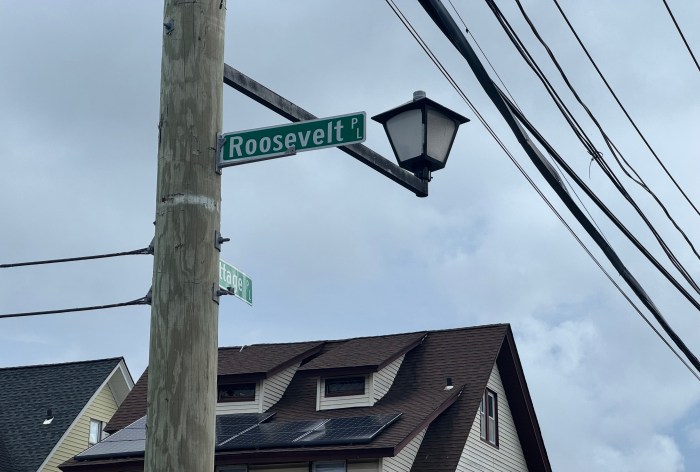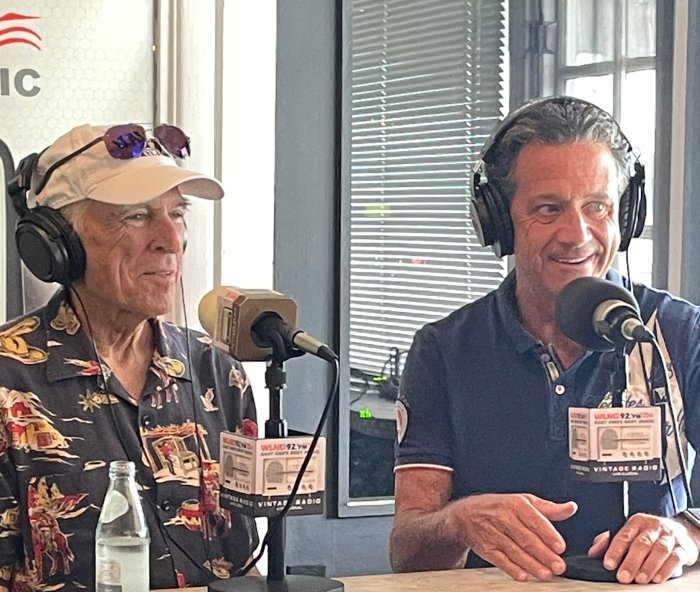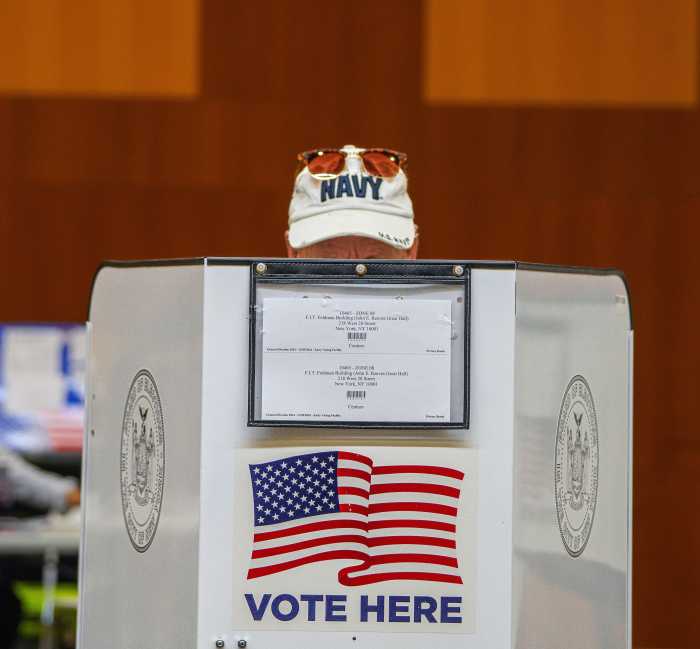New website promotes positive police-community relations
Police violence seems to fill the news lately, and with the latest incidents in Baton Rouge, Minnesota and Dallas, it seems as if the tensions between police officers and community members are reaching a tipping point.
Rather than sit back and watch tensions continue to escalate, Westbury resident Arthur Dobrin decided to do something to help promote positive police-community relations. With the help of the Ethical Humanist Society of Long Island (of which he is leader emeritus), Dobrin created Communities and Police Talk, a website that seeks to create an outlet for residents to voice their concerns with the police department, while allowing the police the opportunity to educate the community on pertinent information.
 “There needs to be a way in which police can really hear what the community is saying and to improve its procedures, and which police are able to let the community know what their end of the responsibility needs to be,” Dobrin said. “Empathy is needed on both sides and communication is the way for that to happen.”
“There needs to be a way in which police can really hear what the community is saying and to improve its procedures, and which police are able to let the community know what their end of the responsibility needs to be,” Dobrin said. “Empathy is needed on both sides and communication is the way for that to happen.”
The idea for the website was sparked last year, after Dobrin attended the Civilian Police Academy run by the Nassau County Police Department. After graduating from the course, Dobrin said he wanted to bring all the information he had learned about police procedure to the public, while at the same time giving the community an unfiltered way to express their concerns with the police department (both local and county) in a more casual manner.
“I think the police want to get their point of view out and reach into the community to do a better job, but what hasn’t been present is for the community to be able to talk to the police in a way where they don’t feel intimidated,” Dobrin said. “[The site] doesn’t require a meeting, or finding people to talk to. You can have anyone who has something to say, say it, and get people on both sides to listen.”
 Emanuel Boussios, a certified Police Academy instructor and visiting scholar at Saltzman Institute of War and Peace Studies, Columbia University, is an advisor to the project and believes that the site will be an incubator for new ideas in continuing dialogue.
Emanuel Boussios, a certified Police Academy instructor and visiting scholar at Saltzman Institute of War and Peace Studies, Columbia University, is an advisor to the project and believes that the site will be an incubator for new ideas in continuing dialogue.
“We want it to become a platform that will encourage conversation between police and members of the community, and use their feedback to improve policing for the common good,” Boussios said.
Though ever-evolving, the site, which was launched at the end of June, has both informative and conversational components. There are articles on what to do if stopped by the police in your car, as well as how to handle police questioning. Site visitors can also leave questions for police and suggestions for better policing. Dobrin said all comments—which must be posted under the name of a user with an email address (which will not be published)—are monitored and will be brought to the police department’s attention.
Dobrin said the Nassau County Police Department has been very responsive and that he’s hoping to add on to the site as needs are expressed. He’s also hoping the site gets adopted in other places outside of Nassau.
“I’m hoping elsewhere, people adopt it and use it for their own purposes,” Dobrin said. “It’s not copyrighted, it’s meant for people to use.”
The site is also available in Spanish and Creole. For more information, visit www.communitiesandpolicetalk.org.





























